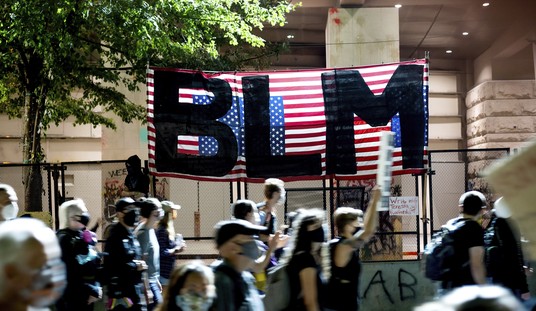On the sixth day of Journolist, Daily Caller gave to me … recognition that at least a few people acted with integrity. The Daily Caller appears to be wrapping up its Journolist coverage by highlighting the listserv members that took it upon themselves to remind others of ethics and limits within even opinion journalism. That roster includes Journolist founder Ezra Klein, who tried to keep the listserv to its original purpose:
Although he now denies that lots of informal — and some formal — coordination took place on Journolist, to his credit listserv founder Ezra Klein was a force for moderation. He stopped others from organizing a weekly message, stopped people from organizing open letters on Journolist (after they did so on one occasion), wouldn’t let those currently working in the government on the list, and seemed more reasonable than many in his remarks.
Dan Froomkin, previously at the Washington Post and now at HuffPo, gets credit for defending a story published at the latter under his editorial control that exposed some of the machinations between the Obama administration and the pharmaceutical companies on ObamaCare. The deal was unpopular with the Left and the entire bill was unpopular with the Right, and Journolisters complained that the story made ObamaCare less likely to pass. Froomkin scolded them in a brief but telling reply:
“I’m awfully sorry this makes Obama look bad. Not my problem,” said Froomkin.
James Surowiecki offered a longer exposition on the same theme after Journolisters started debating whether the media should report on Fort Hood terrorist Nidal Hasan’s ties to radical Islamist terrorists. When Luke Mitchell of Harper’s argued that reporting on the ties would lead to something “alarmingly dangerous, such as the idea that there is a large conspiracy of Islamists at work in the United States,” Surowiecki reminded Mitchell and others of the entire purpose of journalism, emphasis mine:
“I find it bizarre that anyone would argue that an accurate description of what happened is somehow pointless,” Surowiecki said. “That is, that it’s not useful to offer up an accurate picture of Hasan’s actions because nothing obvious follows from it. We want, as much as possible, to have a clear picture of what’s actually going on in the world. Describing Hasan as a violent Islamist terrorist is much closer to the truth than describing him as a disturbed individual.”
One has to wonder why a journalist from Harper’s — and other publications — would need that reminder, especially about terrorism.
Jeffrey Toobin of CNN and the New Yorker also gets added to the list for his generally moderate tone and his defense of Rush Limbaugh. Toobin also warned the listserv of the futility of comparing Tea Party activists to Nazis, a warning that apparently went unheeded. Michael Tomasky gets an “honorable mention” despite involving himself in some messaging coordination, for both defending General David Petraeus during MoveOn’s “Betray-Us” campaign on “moral grounds,” and for reminding the list that even opinion journalists have to demonstrate enough independence for credibility.
If this is the end of the Journolist series, it’s been fun and informative about the individuals on the list, but with a few exceptions looks more like a deranged debating society than a serious threat in itself. The Joe Klein episode, where he passed off Journolist thoughts as his own in a published article, is probably the worst breach of ethics, and also demonstrated how that kind of message coordination can multiply through the mainstream media. The attempt to convince others on the list to spike the Jeremiah Wright story also calls into question editorial decisions made at the time, but it’s also true that most of the people on this list didn’t have that authority at their publications; Froomkin is one of the exceptions. Otherwise, it’s mainly interesting for its look into the mindsets of those who provide the news to readers, with their proposals of smearing opponents as racists strictly for partisan gain, and apparent ease in others in demanding government control of news organizations they don’t like while accusing others of fascism. Awareness of irony seems to have been in short supply on Journolist.
There weren’t many heroes on this list, and perhaps people should keep that in mind when reading their work.
Update: “Heroes” was Daily Caller’s term, and one I believe they used comparatively rather than literally. I should have been more clear; acting with integrity should be expected, not evidence of heroism. Nevertheless, I think the Daily Caller acted with integrity in highlighting these exchanges and giving these people their due.







Join the conversation as a VIP Member